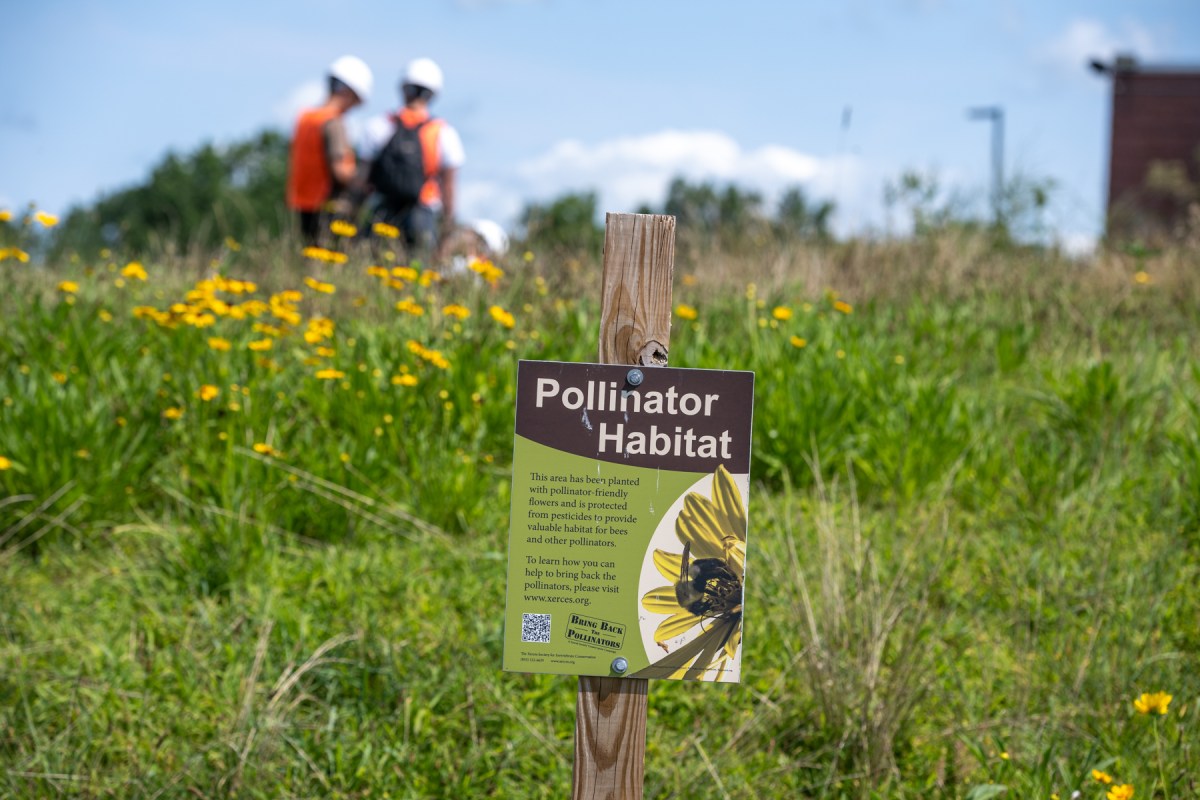Questions about a runny nose or a stubbed toe? Well, you can now dial 811.
A new 24-hour, seven-day-a week non-emergency telecare service kicked off yesterday for Nova Scotians who have health worries. People can call HealthLink 811 to speak to a registered nurse about any non-emergency health issues, from symptoms of Influenza A (H1N1), also known as swine flu, to questions about diet and exercise.
Health officials said they expect callers to 811 will not have to wait
more than 20 seconds before speaking to a registered nurse. If they do
wait longer, they will be able to leave a message and a nurse will
return their call. Nurses won’t be diagnosing callers, but will refer
them to an appropriate service.
“Nova Scotians can pick up the phone and dial 811 and be confident that the health advice and information will be waiting on the other end of the line,” Health Minister Maureen MacDonald said yesterday prior to the service’s 3 p.m. launch.
MacDonald said the timing for the launch works well because HealthLink will address the many concerns Nova Scotians have about H1N1.
The new service will cost $6.5 million tax dollars per year and was originally proposed by the province’s former Conservative government. MacDonald said the NDP reviewed the plan before adopting it.
A report from Health Nova Scotia sets the target number of calls per year at 80,000 by 2010 and 100,000 by 2011, adding up to a little more than $81 per call by 2010 and $65 per call the next year.
But Kyle Buott. coordinator of the Nova Scotia Citizens’ Health Care Network, said the government handed the service’s contract to a private company from the United States rather than offering it to the public sector. Buott believes the system could be done publicly for a lower cost.
“We agree with the tele-health service,” Buott said. “We’ve been advocating for it since 2003. Our main concern is actually the way it’s going to be delivered. Allowing a for-profit company to deliver vital health services is a very slippery slope for the province.”
















